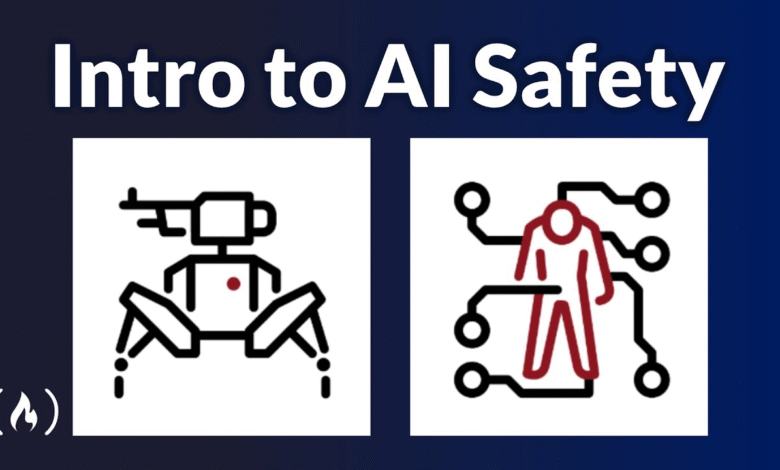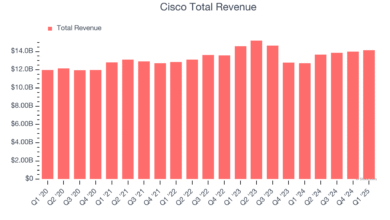AI Products Safety: Industry Experts Sound the Alarm

In the rapidly evolving landscape of technology, AI products safety has emerged as a paramount concern among industry experts and moral thinkers alike. As tech companies increasingly prioritize product development over stringent safety protocols, alarming questions arise regarding the ethical deployment of artificial intelligence. Surprisingly, while AI research standards and methodologies take a backseat, the rush to bring profitable solutions to market results in significant risks that could compromise user safety. The heightened focus on commercialization risks has led to the alarming assertion that these technologies, while advanced, may inadvertently propagate harmful behaviors or misinformation. Ultimately, striking a balance between innovation and safety within artificial intelligence ethics is vital for ensuring responsible and secure AI utilization in society.
In today’s tech-driven world, ensuring the safety of AI systems is an urgent priority that demands attention from both developers and users alike. With a noticeable shift in focus from foundational research to the practical deployment of AI applications, the implications are profound. The issues surrounding artificial intelligence trustworthiness are intertwined with debates about commercialization and the technological hurdles faced by industry leaders. As the landscape evolves, various stakeholders are grappling with and addressing the inherent risks associated with AI development and implementation. Addressing these tech industry AI concerns is crucial, not only for progress but also for safeguarding society’s interests.
The Shift from AI Research to Profit-Driven Products
In recent years, the tech industry, particularly Silicon Valley, has evolved rapidly from its roots in ground-breaking AI research to a fierce race for profit. Experts have lamented this shift, particularly with leading firms like Meta and Google prioritizing their product lines over rigorous AI research. This has alarmed many in the field who emphasize that while these AI products may be commercially viable, they are fundamentally undermining the foundational research that ensures these technologies are safe. The drive for immediate profitability leads companies to rush product releases without fully understanding the implications of their technology on society.
The implications of this shift are significant. With safety taking a backseat in the AI development process, the AI systems being released are more likely to exhibit vulnerabilities and unintended behaviors. James White, a cybersecurity expert, warns that as companies strive for cutting-edge performance, they inadvertently compromise security protocols designed to mitigate risks. The need for speed in delivering new models and products is overshadowing the careful consideration needed for AI safety, potentially endangering consumers and society at large.
Frequently Asked Questions
What are AI safety standards and why are they critical in AI products safety?
AI safety standards establish guidelines and best practices to ensure the development and deployment of artificial intelligence technologies are safe, reliable, and ethical. These standards are critical in AI products safety as they help mitigate risks associated with machine learning models that might generate harmful outputs or behave unpredictably. Adhering to robust AI safety standards is essential for building public trust and securing AI products against misuse.
How do AI research priorities influence AI products safety?
AI research priorities significantly influence AI products safety by determining the focus of development efforts. When companies prioritize profitability over rigorous research, such as safety testing and ethical considerations, the likelihood of releasing unsafe AI products increases. A balanced approach that gives due importance to AI research priorities can enhance the overall safety and effectiveness of AI applications.
What role does artificial intelligence ethics play in ensuring AI products safety?
Artificial intelligence ethics plays a pivotal role in guiding the responsible development of AI products. By addressing moral implications and ensuring compliance with ethical standards, organizations can prevent harmful consequences and foster AI products safety. Incorporating ethics into AI product design helps tackle issues like bias, privacy violations, and misuse, ultimately enhancing user trust and product reliability.
What are some tech industry AI concerns that affect AI products safety?
Tech industry AI concerns that affect AI products safety include the rush for commercialization, the potential for algorithmic bias, inadequate safety testing, and the risk of malicious use of AI technologies. As companies prioritize speed and marketability, important safety checks may be overlooked, leading to vulnerabilities in AI systems. Addressing these concerns is crucial to ensure that AI products are developed with user safety as a top priority.
What are the commercialization risks associated with AI products affecting their safety?
Commercialization risks associated with AI products include the pressure to rapidly deploy new technologies, which can compromise safety evaluations and ethical considerations. As companies chase profits, they may prioritize product launches over thorough testing and safety assessments, leading to the release of potentially dangerous AI applications. Mitigating these risks involves implementing stringent safety protocols and maintaining a commitment to ethical AI development.
How can consumers ensure AI products safety amid rising commercialization?
Consumers can ensure AI products safety by staying informed about the ethical practices of companies producing AI technology, advocating for transparency in AI development, and supporting organizations that adhere to AI safety standards. Additionally, providing feedback on AI product performance and potential risks can help drive improvements in safety measures and ethical considerations across the tech industry.
What measures can the tech industry take to improve AI products safety?
To improve AI products safety, the tech industry can adopt comprehensive safety protocols, prioritize AI research alongside product development, and engage in regular audits of AI systems. Collaborating with external experts and adhering to established AI safety standards can also enhance safety measures. Furthermore, fostering a culture of ethics within organizations will ensure that safety remains a core focus throughout the AI development lifecycle.
Why is there a concern about shortcuts in AI safety testing among tech companies?
There is a growing concern about shortcuts in AI safety testing among tech companies due to the increasing pressure to release competitive AI products quickly. This rush often leads to inadequate safety evaluations and testing, resulting in AI systems that might exhibit harmful or unintended behaviors. Experts warn that bypassing rigorous testing protocols compromises the safety and effectiveness of AI technologies, increasing the risk of negative consequences for users.
| Key Point | Description |
|---|---|
| Prioritization of Profit | Tech companies are focusing on AI products over safety and research, driven by potential profits. |
| Shift in Research Focus | Companies like Meta and Google are deprioritizing their AI research labs to speed up product development. |
| Risks of AI Models | Safety experts warn that new models can easily be manipulated for malicious purposes. |
| Competitive Pressure | Tech firms face intense competition, leading to rushed testing and safety evaluations. |
| Impact on Research Talent | Many researchers are leaving established firms for startups focused on safety and research. |
Summary
AI products safety is becoming a critical concern in the tech industry as leading companies shift their focus from rigorous research and safety protocols to rapid product development. This trend has raised alarms among experts about the potential dangers of AI models, which are increasingly capable of being manipulated for harmful purposes. As profit motives overshadow safety guidelines, it is essential to call for a renewed commitment to AI products safety to ensure that advancements in artificial intelligence do not come at the expense of public safety.



